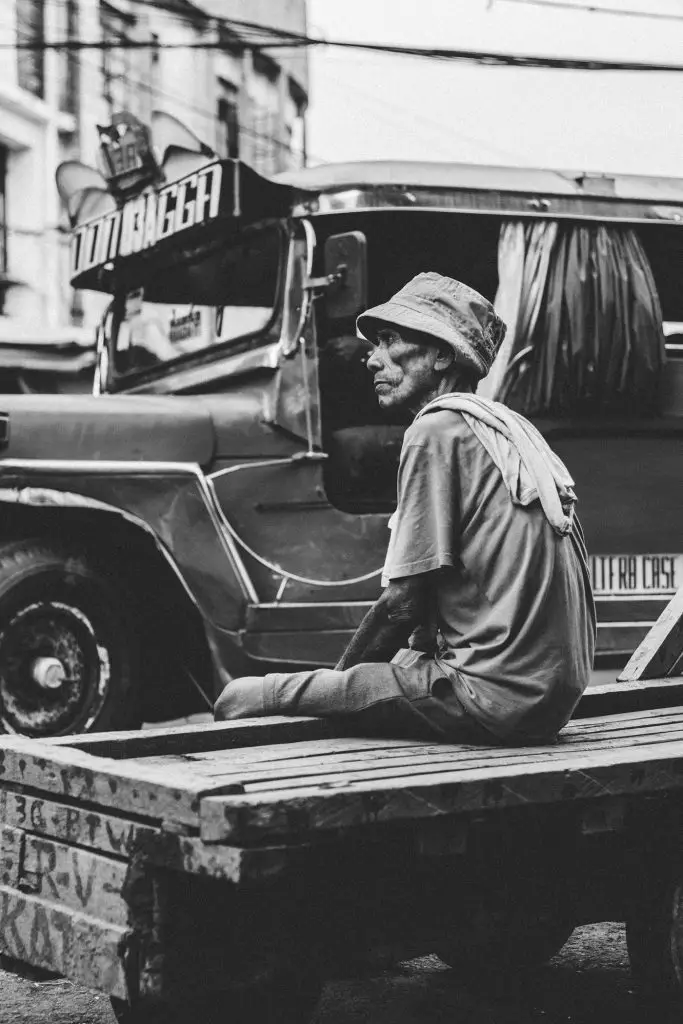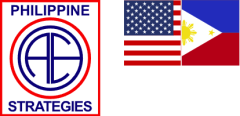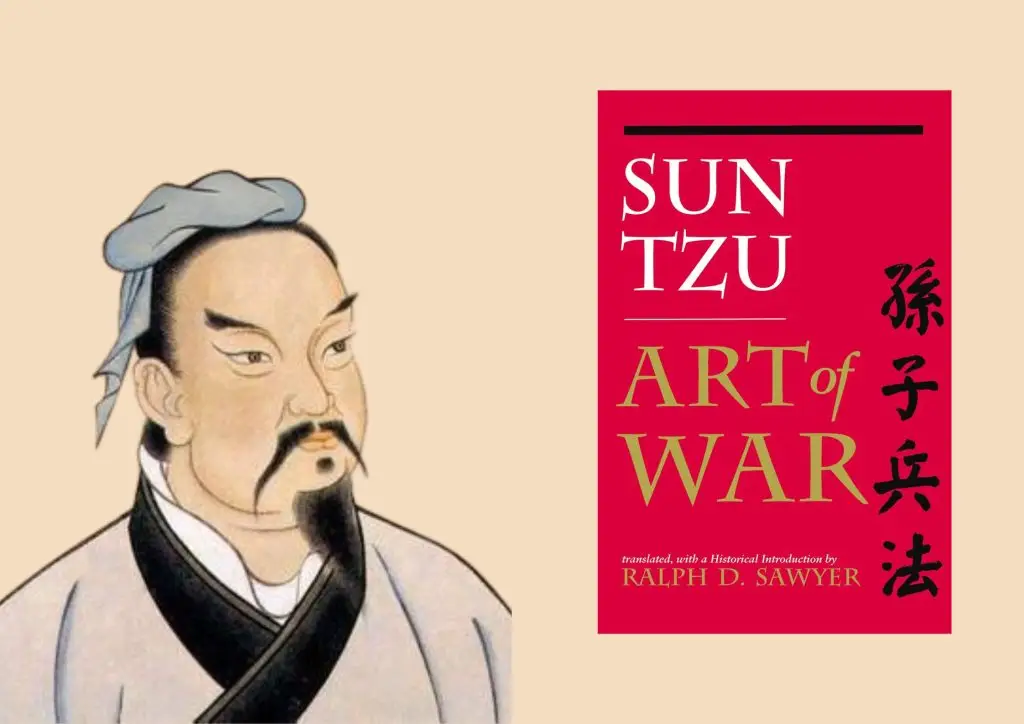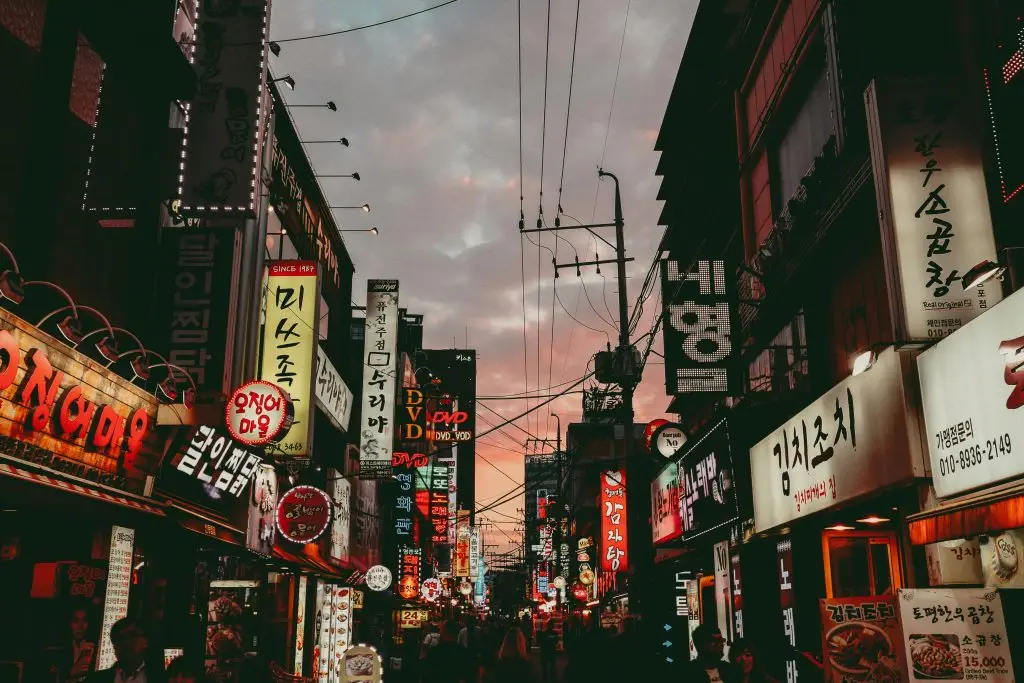
A searing reflection on Rodrigo Duterte’s presidency as a raw, postmodern rupture in Filipino politics, exposing the nation’s contradictions through the aesthetics of violence and unapologetic power.
June 30th, 2016
A man appeared on millions of TV and cellphone screens throughout the nation he had just become the leader of. He didn’t wave, didn’t speak in the usual lingua politica. Neither did he smile, evoke the traditional gravitas of a politician, nor carry the carefully cultivated mask of regal benevolence. No, this man smirked, squinted, and snarled. His eyes betrayed something — boredom, perhaps? Or was it disdain for the very idea of politeness? Rodrigo Duterte, the 16th President of the Philippines, entered the global arena not as a polished product of democratic procedure but as something more visceral, more uncooked — a man in heat, whose words would never fit into a neat box.
Duterte’s political persona was like a wild, undammed river in flood, carving paths through the dense jungle of Philippine politics and leaving in its wake questions that defy easy answers. Was he a populist, a dictator, a homicidal maniac, or something entirely new — a man of contradiction who spoke in the jagged language of the disenchanted?
The Aesthetics of Violence: A Cabinet of Shadows
To understand Duterte is to understand the space between the unspeakable and the spoken, the chaotic flux that defined his presidency. It was an aesthetic not of polished soundbites but of raw, unapologetic violence — not just in the physical realm, but in that of language itself. His war on drugs, the speeches laced with expletives, constant promises to “kill, kill, kill!” — all these were not simply policy choices. They were expressions of a deeper cultural reckoning, a reaction to a society that has long felt pushed to the edge, a country searching for something primal to grasp onto in the face of its perceived collapse.
His rhetoric, blunt and guttural, acted like a shattered mirror, reflecting a fractured nation. Duterte’s words don’t just reverberate; they tear. They slice through the moral codes of civility and deference, offering instead a raw realism in which power is neither subtle nor serene but violent, untamed, unrepentant.
Duterte’s Uncooked Dream
Was there a method to the madness? A vision behind the carnage? On the surface, his presidency was an exercise in chaos theory: brutal anti-drug campaigns, a pivot toward China, defiance of Western institutions, and a commitment to the vulgarity of directness. Beneath that surface, however, lurked the dream of a Philippines that had lost its innocence — a dream of order not in the sense of harmony, but in the sense of finality, a nation stripped of its illusions about justice and governance.
Perhaps Duterte’s most notable quality was his refusal to wear the mask of “the leader” at all. He was not here to inspire or to elevate, but to strip away the grandiose fantasies of the political order. His appeal, it seemed, was not just in his disdain for the elite, but in his rejection of the very notion of “respectable” politics. Duterte didn’t need to be admired; he needed to be feared — not because fear was his goal, but because fear is a space where the nation could confront its own worst impulses and, perhaps, its own liberation.
A Non-Hero, a Post-Modern Figure
In many ways, Duterte embodies the figure of the non-hero in a post-modern context. His appeal is not in the creation of new ideals but in the disintegration of old ones. The public image he cultivated was not that of a statesman or a moral guide, but of a deeply flawed man who could perhaps destroy the system rather than reform it. This is why the global media could never quite figure him out — because Duterte himself was never interested in being the thing that people needed him to be. He was only ever the thing he wanted to be.
He played no role but his own. A non-hero for a non-heroic age. Was he a villain, or simply an iconoclast? Maybe neither. Maybe he was all things — a mass of contradictions wrapped up in a single, gnarled figure, cradling the paradox of a nation split between a proud history and questionable future. He was both a man of the people and destroyer of dreams, the fixer of a broken system and the embodiment of the broken system itself.
The Illusion of Resistance
What is more radical than the rejection of the grand narratives of resistance, the moral high ground, the intellectual posturing of the liberal democratic order? Duterte’s presidency was not an attempt to subvert the existing order, but to show that order itself was already subverted.
What he built was not a nation of civility or peace, but an exposé of the conflict that already brews beneath the surface. His administration unveiled, for better or worse, a kind of spiritual bankruptcy, one that couldn’t be dressed up in neat speeches or compassionate reforms. The nation of the Philippines under Duterte was not in revolt against anything external, but against itself — its traumas, its contradictions, and its desire for redemption in an unforgiving world.
The Post-Duterte World
Now that Rodrigo Duterte faces an uncertain fate before the International Criminal Court, the question becomes: Can Filipinos leave behind the uncooked language he used to galvanize a nation, or will it persist in some form, like the aftertaste of a meal too bitter to swallow yet too essential to refuse?
The language of violence, the broken mirror of civic life — do these distortions fade into history, or do they persist as the real legacy of Duterte’s avant-garde presidency?
It is perhaps too early to tell. But one thing is certain — the Duterte era was a reminder that in politics, as in art, sometimes the most jarring, the most disturbing forms, are the ones that cut through the surface of civilization and force us to confront what lies beneath.
Duterte, in his postmodern, unabashed way, arguably left us with more questions than answers.


